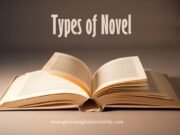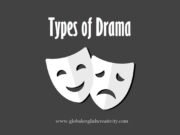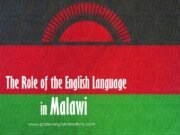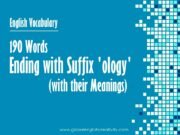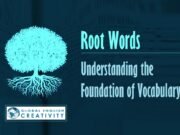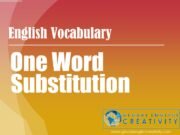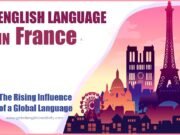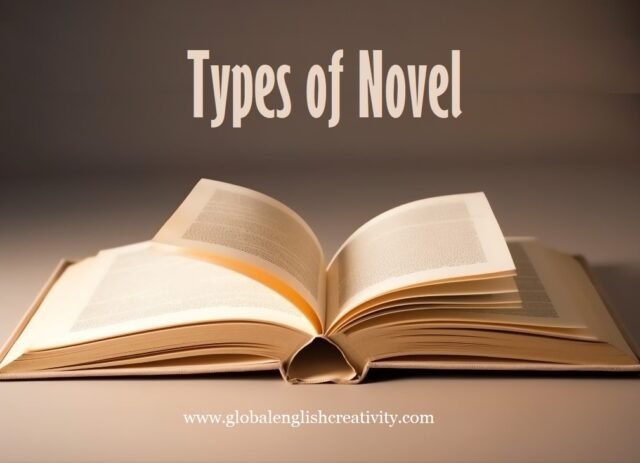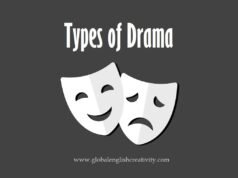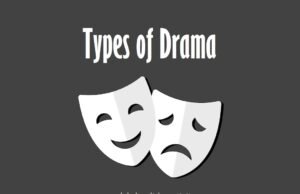Novel is one of the most popular and influential forms of literary expression. As a long prose narrative, the novel allows writers to explore characters, events, settings, and themes in great depth.
Over time, novels have evolved into various types and genres, each with its unique characteristics, themes, and narrative techniques. Understanding the different types of novels helps readers appreciate literature more deeply and assists writers in choosing the best form for their storytelling.
Types of Novel

| • Realistic Novel |
| • Picaresque Novel |
| • Historical Novel |
| • Epistolary Novel |
| • Gothic Novel |
| • Utopian Novel |
| • Autobiographical Novel |
| • Psychological Novel |
| • Allegorical Novel |
| • Stream of Consciousness Novel |
| • ‘Bildungsroman’ Novel |

| Realistic Novel |
| • A fiction that gives a realistic effect |
| • It is also called Novel of Manner |
| • It can be characterized by mixed motives |
| • Characters interact with others |
| • Characters face plausibility |
| • Characters seem like real people with real issues |

| Picaresque Novel |
| • ‘Picaresque’ originated from Spanish word ‘Picaro’, means a rogue |
| • It narrates the adventures of a protagonist who is an eccentric, disreputable or dishonest person |
| • It depicts the adventures of a wicked person |
| • The story is told in an episodic form |
| • Hunger, Conflict, Poverty, Corruption and Injustice are perennial themes in Picaresque Novels |

| Historical Novel |
| • Set in a period earlier than that of writing |
| • Attempts to convey the spirit, manners and social conditions of a past age |
| • Transports readers to another time and place, either real or imagined |
| • Intriguing plot creates some sort of suspense. Plot makes sense and has a solution |

| Epistolary Novel |
| • Derived from Latin word ‘epistola’, means ‘letter’ |
| • Presentation with the help of a series of correspondence & documents |
| • Letters & Diary entries are very popular forms of Epistolary Novel |
| • Newspaper clippings are also used |
| • Dates back at least to ancient Roman Times |
| • Gained popularity in 17th & 18th Century |

| Gothic Novel |
| • Largely known by Subgenre of Gothic Horror |
| • Emphasis on emotion & pleasurable kind of terror |
| • Extension of Romantic Literary Movement |
| • A Story of Terror, Suspense, Death, Decay or Haunted Buildings |
| • Usually set in a Gloomy Old Castle or Monastery |
| • The term associated with Superstition in 18th century |

| Utopian Novel |
| • Utopia is an Imaginary Community |
| • Utopia is an Ideal Society |
| • Common literary theme used in Science & Speculative fiction |
| • Utopian & Dystopian explore Social & Political structure |
| • All Social Evils have been cured in Utopian Society |

| Autobiographical Novel |
| • Based on the life of author |
| • Author changes the places & names of characters |
| • Author may change or avoid certain details of his life |
| • It may or may not be in the first-person narration |
| • Autofiction techniques are used |

| Psychological Novel |
| • Treats internal life of main character |
| • External factors are studied too |
| • Emphasizes interior characterization |
| • Explore spiritual & emotional lives |
| • Examines reasons of character’s behaviour |
| • Known as Psychological Realism also |

| Allegorical Novel |
| • Allegory is a story that bears more than one level of meaning |
| • Surface meaning is different from the symbolic meaning of it |
| • Symbolic meaning may be political, religious, historical or philosophical |
| • It describe situations and events or expresses abstract ideas in terms of material objects, persons and actions |
| • It is a symbolic fictional narrative that conveys a meaning not explicitly set forth in the narrative |

| Stream of Consciousness Novel |
| • A phrase coined by William James in his treatise ‘Principles of Psychology’, 1890 |
| • It means the flow of the thoughts |
| • Incidents in the plot are in the sequence of their occurrences. Novelist narrates them by adding in character’s mind |
| • It is a person’s thoughts and conscious reactions to events, perceived as a continuous flow |

| ‘Bildungsroman’ Novel |
| • The German word ‘Bildungsroman’ indicates ‘Growth’ |
| • Involved with Protagonist’s mind, spirit & character |
| • Concerned with education, development & maturing of young Protagonist |
| • Psychological, emotional & moral growth of a main character |
| • Protagonist is forced away from home on a journey |
| • It is the fictional biography or autobiography |

also see:

